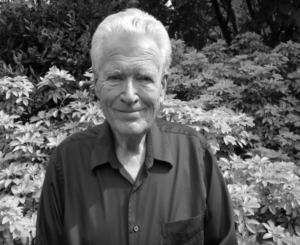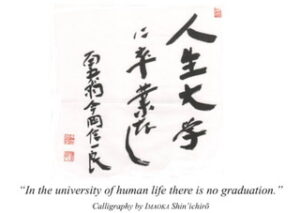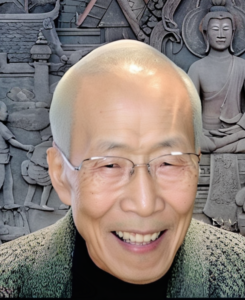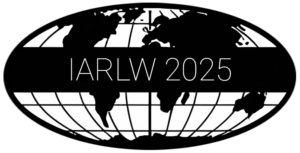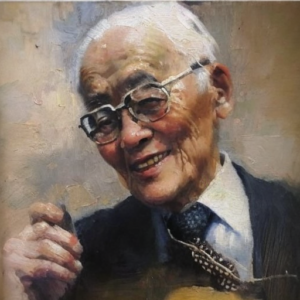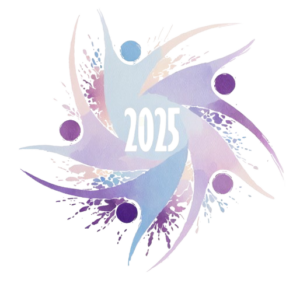We’re excited to continue building our educational offerings on free and liberal religion, interfaith studies, and spiritual practices.
For more information about the Institute and its mission, please visit our Free Religion Institute page.Free Religion 1: Learning the Basics
This foundational course explores why interfaith dialogue matters, drawing inspiration from Shin’ichirō Imaoka’s vision of “Life as a University.” Learn about the human paradox that makes our species both spiritual and capable of transformation, and discover how religious wisdom traditions offer hope for peace on earth.
All Institute materials are available to IARF members registered in the IARF Network. If you don’t have an account yet, you can set it up for free.
Access Course & Zoom Link InformationAfter the 1893 World’s Parliament of Religions, many groups were formed to continue interfaith dialogue. Sadly, most faded away after a few years. In 1900 our IARF began more as an intra-faith organization. Intra- instead of inter-faith means that religions of the same tradition attempted to talk and cooperate together. Our slow evolution into the oldest interfaith organization can now be celebrated in its 125th anniversary year.
Why Interfaith Dialogue Matters
Why do we think interfaith dialogue is so important?
First, “Know Thyself.” Do you know your Spiritual Path’s way of experiencing the Holy, the Sacred? Do you know how you know? That may seem odd, but neurophysiology reduces ways of knowing to four, combining eighty-plus sub-systems of neurological input into our conscious and unconscious perceptions of our being alive. Are we aware of what we don’t know?
We learn about the Other, not as an object (an It) but as another conscious and independent being (a Thou, as Martin Buber, the Jewish mystic, taught us). We learn by studying and listening.
We learn the key words that convey the basic teaching (concepts) of each religious tradition and practice. That is only 20 to 50 technical terms to add to our vocabulary. The more difficult the word is to translate into our mother-tongue (our birth language), the more we know that this term contains a concept that our culture’s language(s) do not understand. So it is time to study and learn that in interfaith dialogue.
Learning from Shin’ichirō Imaoka
Our inspiration to study in preparation for interfaith dialogue and cooperation came from Shin’ichirō Imaoka, a multi-faith centenarian, who taught that we learn and grow as we come to understand our differences and appreciate our similar goals and purposes. His vision was Life as a University, learning as a lifetime journey.
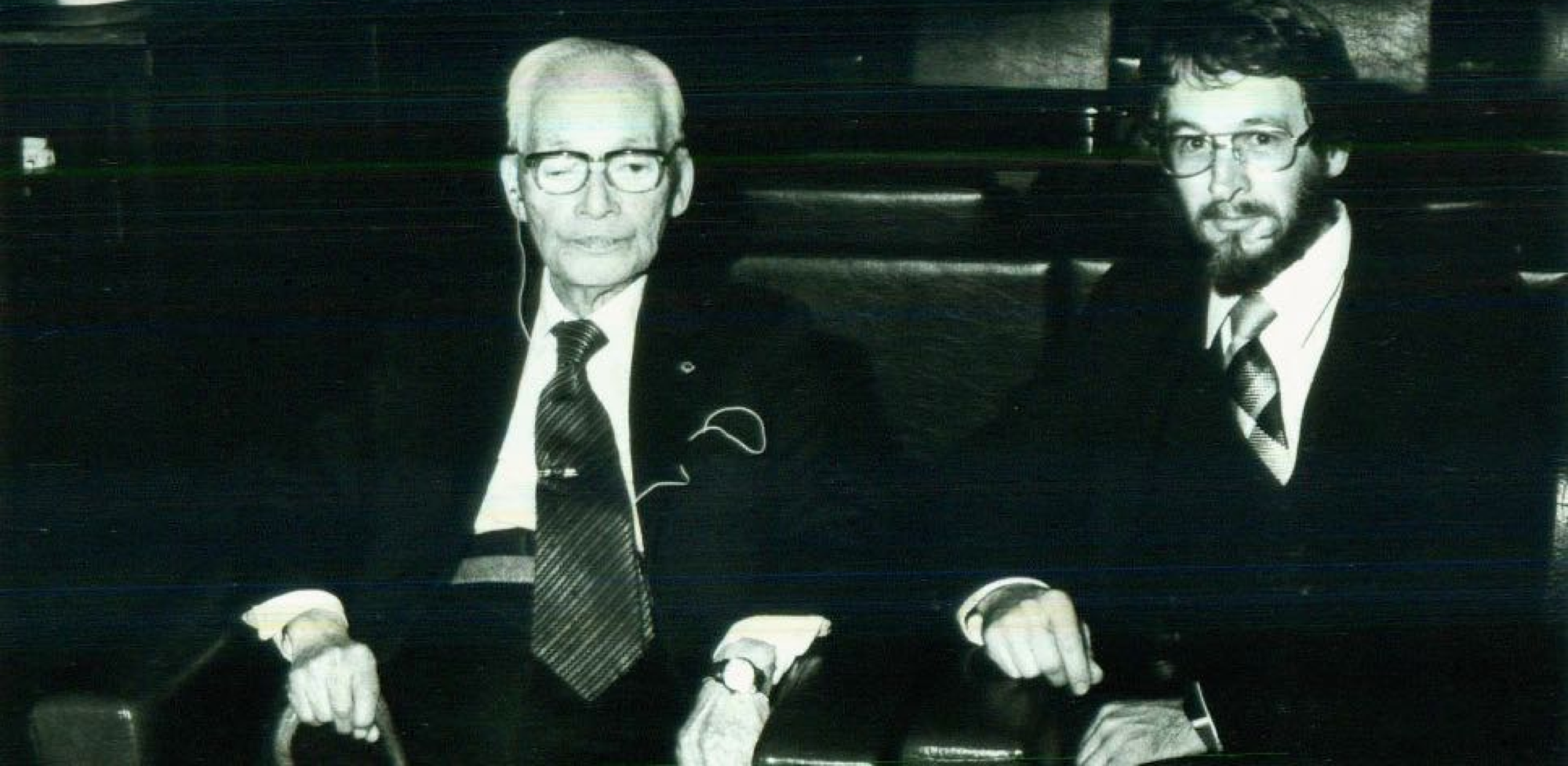
So it is in his honor that the Institute for the Study of Free-Religion offers courses in interfaith dialogue, understanding each other’s faiths and practices, how our traditions help us through life’s existential crises and even turning them into times of transformation, and how our own spiritual lives are deeply influenced by our dominant psychological and thinking functions.
The Human Paradox
It is this biological quirk that makes our species both spiritual and demonic. We are social beings (or herd animals), small in comparison to the species we have eliminated or dominate, aggressive to a fault, carnivorous unless self-disciplined, inferior in all of our five major senses, deceitful, addictive, and so on ad infinitum. Yet, our sacred wisdom traditions give us hope that, despite all these flaws, we can become humane, manifest a Buddha or Christ nature, walk the Path or the Middle Way.
We can boldly say: without religious and spiritual teachings and practices that liberate our species from its biological and social trajectories, there would be no hope for peace on earth.
In IARF we think study, practice, service and wise action will combine to help us in our faith traditions to make this a better world, enrich our lives, adding inner meaning and outer accomplishments. Together we join in classes as we plan new ways to serve.
Session Information
Two Live Sessions Available: This lesson will be offered twice on the same day to accommodate different time zones – one session designed for participants in Europe and the Americas, and another for those in India and the Asia-Pacific region.
Session 1: Europe & Americas
Tuesday, June 17, 2025
Session 2: India & Asia-Pacific
Tuesday, June 17 – Wednesday, June 18, 2025
About the Instructor: George M. Williams
George M. Williams is a retired historian of religions, having spent a lifetime studying religions that liberate. He has written and made videos about the Hindu Renaissance, religion in modern Japan, and religion in Hawaii. This interest has been furthered in the International Association for Religious Freedom and has led to two honorary doctorates: in May 1994 Starr King School for the Ministry awarded Prof. Williams with the Litterarum Humanarum Doctor and in October, 1996, Williams was presented the award of Doctor Honoris Causa from the United Protestant Theological School of Cluj [Kolozsvar], Romania.
A specialist on Svâmî Vivekânanda and the Hindu Renaissance, Williams helped found the section on Hinduism in the American Academy of Religion. He also served on the Electronic Publishing Committee of the academy and was its projects director for a number of years. In both 1997 and 1998 Williams held the Shree Muherjee Chair at National Institute of Advanced Studies, National Science Campus, Bangalore. While there he worked on projects involving preservation, digital archiving, translation and preparation for a comprehensive database of the Bhagavad Gita and other sacred texts.
In 1998 he held workshops for archivists and librarians from all over India on use of the internet for research and publication, CD ROM publication, and digital archiving. In 2001 Williams completed a two year project: the digitizing and archiving of the works of Raja Rammohan Roy, the great reformer of Hinduism and the founder of the Brahmo Samaj. His goal is to finish a number of books and videos that will advance the notions of liberating spirituality. He currently lives in Hawaii and is hanai-ed (adopted as a Hawaiian) and a kupuna (elder) of Kanenuiakea, the thousand year old indigenous Hawaiian faith that is a member of IARF.

